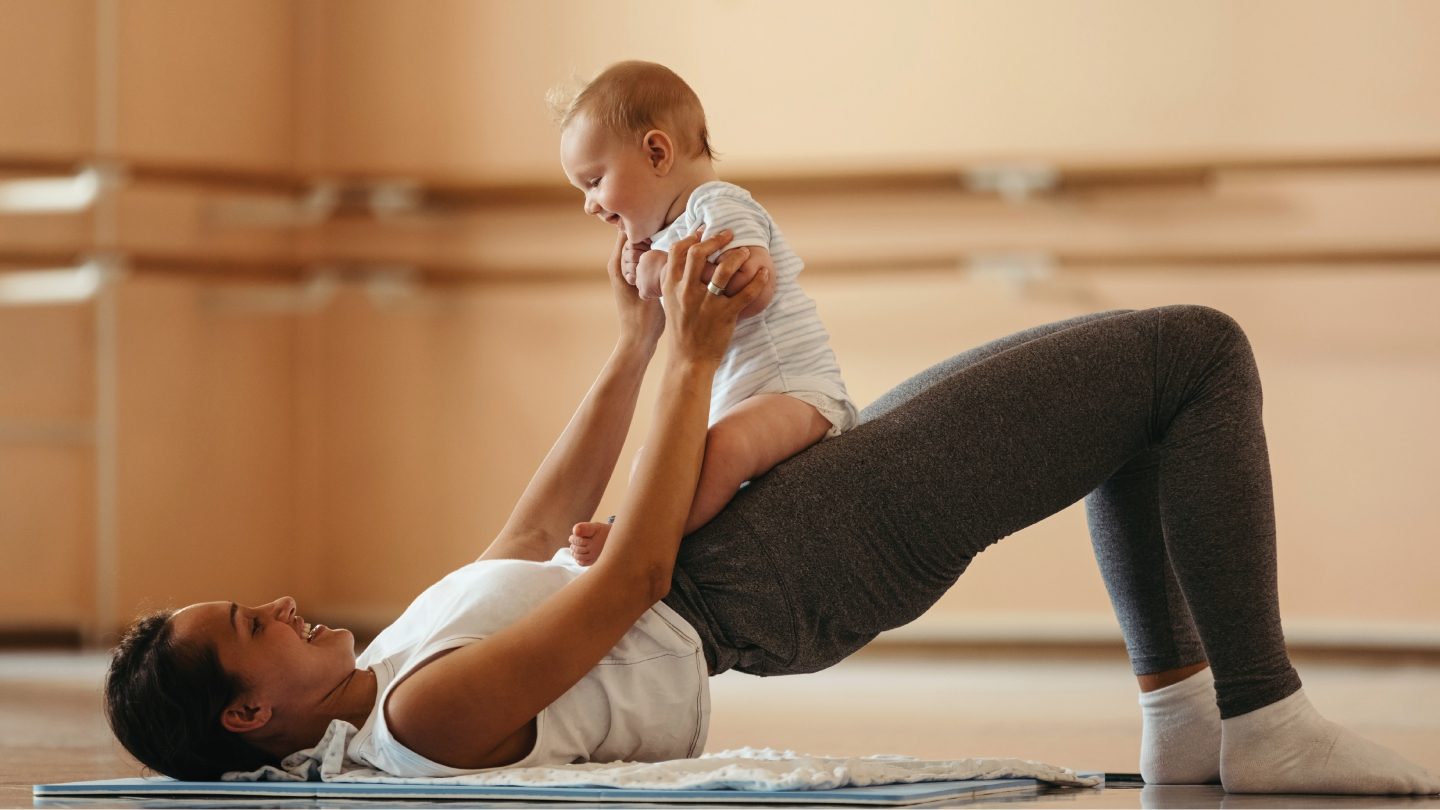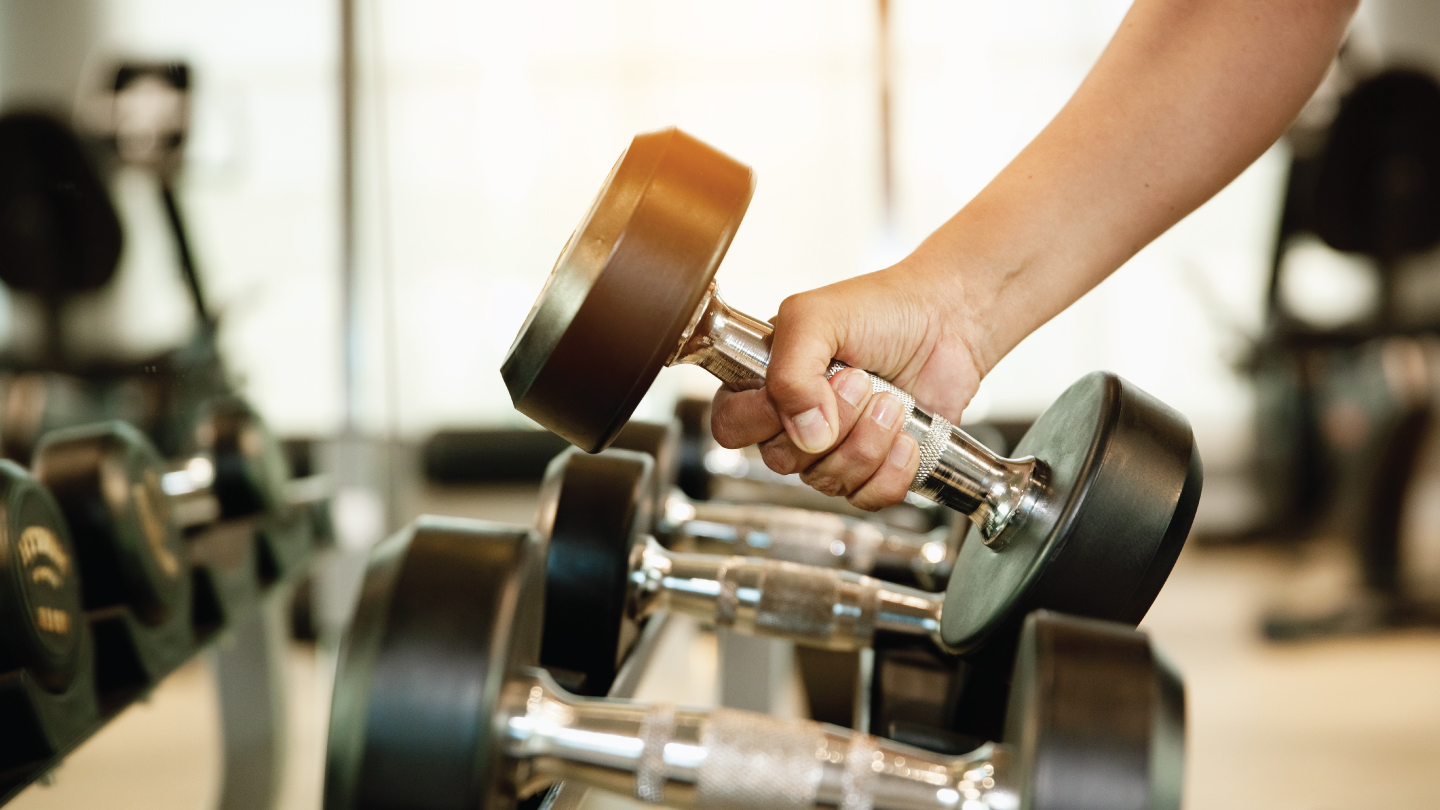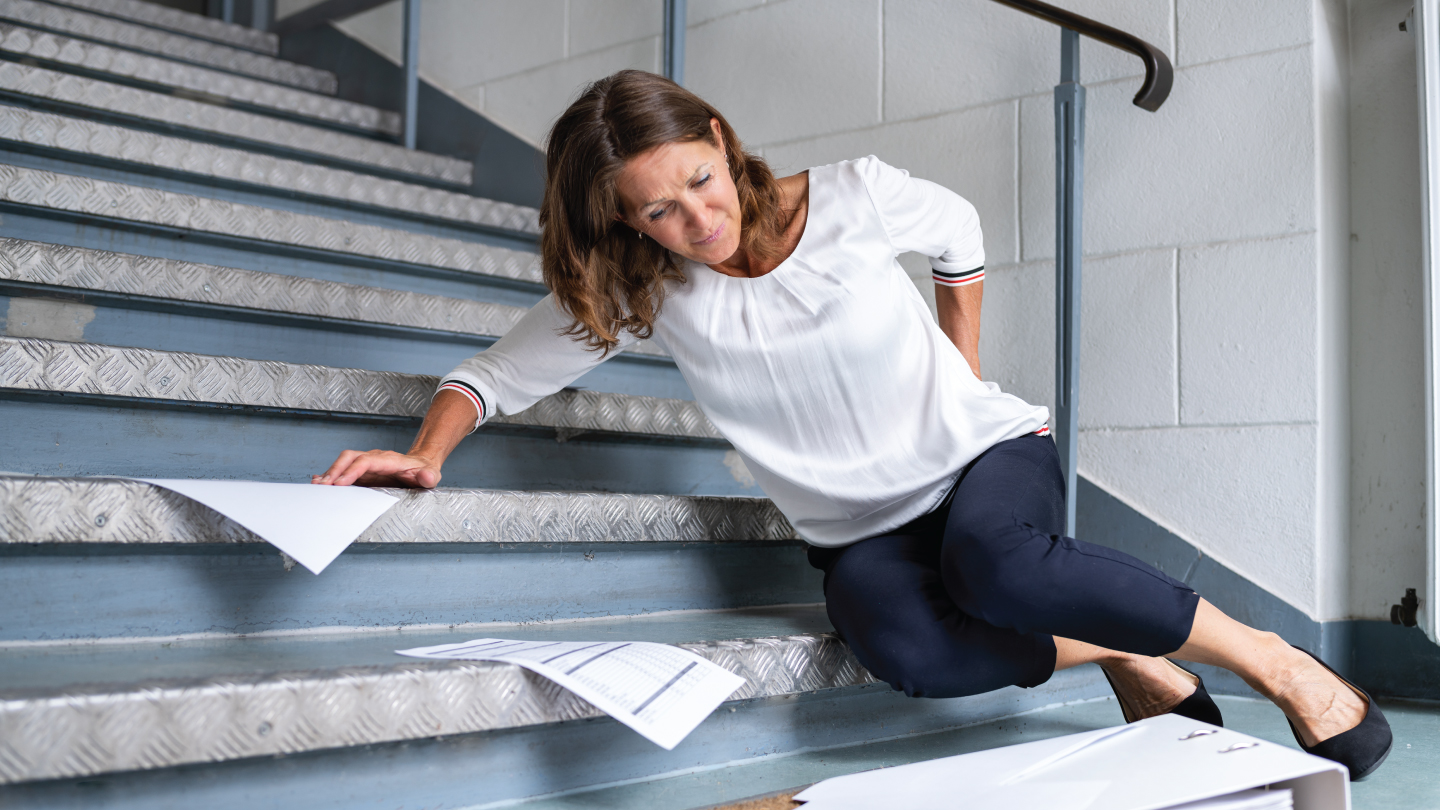Movement
Postpartum Healing For New Mothers With Trainer Vesna Jacob
From gentle Pilates to mindful breathing, holistic wellness expert Vesna Jacob explains why true postpartum recovery is all about rebuilding trust, strength, and reconnecting with your body.

Becoming a new mother brings immense joy and is among life’s most profound transformations. Amidst this transition, many women find themselves longing to reconnect with their bodies, reclaim their strength, and embrace the shifts in identity that accompany motherhood. Renowned holistic fitness and wellness specialist, Vesna Jacob, weaves together Pilates, breathwork, meditation, and mindfulness to support postpartum healing. Read on to understand the nuances of this journey.
Postpartum healing can feel overwhelming for new mothers. What is your approach to recovery?
Postpartum healing, like any other natural process, is not always a linear journey. For me, the approach combines three pillars: physical, mental, and emotional. The integration of movement, mindfulness, and meditation creates a holistic pathway for new mothers to regain strength while honouring the changes in their bodies.
Gentle, functional movement such as Pilates, breath-led core activation, and posture-based exercises restore pelvic floor integrity, reawaken deep abdominal muscles, and release tension from carrying and feeding the baby. Unlike aggressive “bounce back” workouts, mindful movement respects the body’s healing rhythms, gradually re-establishing alignment and resilience.
Mindfulness anchors mothers in the present, helping them notice their body’s signals, when to rest, when to move, and when to breathe deeper. This awareness prevents injury, regulates emotions, and fosters compassionate self-care. Meditation provides mental rest and grounding, lowering stress hormones and creating space for women to reconnect with themselves beyond the role of caregiver.
“When combined, movement strengthens the body, mindfulness heightens awareness of the body’s needs, and meditation nurtures the spirit. This multi-layered approach helps new mothers embrace both the joys and challenges of motherhood with grace,” she says.
Related Story: Nutritive Postpartum Diet For Working Mothers
Many women feel disconnected from their bodies after childbirth. How can mindful movement help them rebuild trust?
“This is such an important question. After childbirth, many women experience a sense of disconnection, whether due to physical changes, fatigue, or the emotional intensity of new motherhood. My mindful movement approach creates a safe, sacred, and empowering way to rebuild trust, awareness, and connection,” adds Vesna.
By focusing on safe, functional movement, mothers feel reassured that their bodies are capable allies in recovery. Breathwork, core activation, and posture-based exercises guide women to sense their bodies from within, which helps in releasing tension, engaging deep abdominal muscles, and finding stability through their feet.
“The focus shifts from how the body looks to how it feels and functions. Mindful movement is not just exercise; it is embodied meditation. Each movement becomes an affirmation: I am present. I am whole. I am healing,” she says.
Related Story: 10 Reasons New Mothers Need Postnatal Yoga
Breath is often overlooked. What role does breathwork play in postpartum healing, especially for pelvic floor recovery?
“You’re absolutely right, the breath is often underestimated, yet it’s the most natural and powerful tool for postpartum healing. It’s not just about oxygenation; it’s a bridge between mind, body, and subtle energy, especially vital for core and pelvic floor recovery,” she says.
Post-childbirth, the deep core system (diaphragm, transverse abdominis, pelvic floor, and multifidus) often becomes disrupted. Vesna integrates diaphragmatic breathing, where inhaling expands the ribcage and exhaling activates the pelvic floor and deep abdominal muscles. This reawakens neuromuscular pathways, restoring natural stability without strain.
She also helps new mothers distinguish between breathing techniques for exercise, recovery, and relaxation. Stress often leads to shallow chest breathing, which keeps the body in tension. Guided breath practices like lengthened exhalations to calm the nervous system allow women to release stored emotions such as fear, grief, or overwhelm.
“Breath becomes a way of reclaiming presence and softness, helping mothers feel more grounded and whole,” adds Vesna.
Related Story: The Feelings Mothers Are Afraid to Voice—Anger, Shame, Guilt
Based on your experience, what are the three most important practices every new mother should embrace?
Vesna Jacob:
- Pilates: “It's holistic and gentle mind–body connection and core conditioning make it one of the most important parts of recovery. It reintegrates proper movement patterns safely and efficiently.”
- Breathwork: “Different breathing techniques help centre and ground, while also facilitating healing and energising both body and mind.”
- Mind reframing: “Appreciating small victories, acknowledging the miraculous journey you’ve undertaken, and embracing your body’s resilience in its new form.”
Postpartum healing is not about rushing to “bounce back” but about honouring the body’s wisdom. With mindful movement, breathwork, and a compassionate mindset, new mothers can rebuild strength while nurturing self-trust. As Vesna Jacob reminds us, recovery is a journey of resilience, grace, and rediscovering wholeness.
We see you! Get exclusive access to the best parenting advice from experts. Sign up today.
EXPLORE MORE
Thinking of running your first marathon? Running coach Suresh Srinivasan breaks down everything you need to know—from building a solid base to race-day mindset.
From diet to movement, here’s how to make your bones fracture-resistant.
You’ve done yoga on a mat; now discover the practice that literally lets you fly while toning your core and calming your mind.
WHO confirms that falls are the second leading cause of accidental injury deaths worldwide. The good part is that most falls are preventable if you take the correct preventive measures. Here’s what an expert has to say about it.






.jpg)

.jpg)

